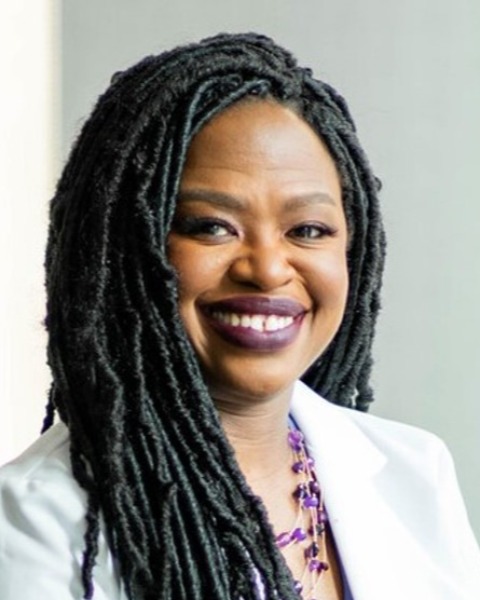Diversity, Equity, and Inclusion
Medical Education
Improv for Equity
-

Gitanjli Arora, MD (she/her/hers)
Associate Professor
Children's Hospital Los Angeles
Los Angeles, California, United States -

Terri Major-Kincade, MD MPH (she/her/hers)
Associate Professor Pediatrics, Medical Director Pediatric Palliative Care
UT Health Houston McGovern Medical School
Richardson, Texas, United States -

David Mauser, MD (he/him/his)
Clinical Assistant Professor, Pediatric Palliative Care
Stanford School of Medicine, United States -
DL
Debra Lotstein, MD, MPH (she/her/hers)
Chief, Division of Comfort and Palliative Care
Children's Hospital Los Angeles
Los Angeles, California, United States -
SK
Stephanie Kukora, MD (she/her/hers)
Assistant Professor, Neonatology and Bioethics
Children's Mercy Hospital
Kansas City, Missouri, United States
Leader(s)
Co-Leader(s)
Workshop
Description: It is well recognized that implicit bias contributes to health inequities. We have found that Improv offers an innovative interactive learning model to interrogate bias and offers strategies to mitigate against discrimination. While improvisational theater or “Improv” evokes ideas of spontaneity and impulsivity, theatrical improvisation consists of an underlying skill set that allows actors to trust and communicate while simultaneously co-creating the narrative of a scene. Through an exploration of guiding principles and interactive skill building, this workshop will apply the framework of Improv to partnership with patients and their families who may have a different lived experience than their practitioners. Improv tenets will also be applied to collegial interactions with consideration of creating safer more inclusive workspaces within which to explore bias. Facilitators will review concepts that can be explored through Improv; including the establishment of safer spaces, restorative justice, and trauma-informed care. Both Improv and cultural humility require listening and contributing to allow each participant to fully share their own experience. In pairs and small groups, participants will engage in Improv exercises to explore cultural humility skills of self-awareness, partnership, listening, and collaboratively building understanding. In debriefing, the exercises will be examined for how Improv can be used to address care received by patients across differences in race, culture, preferred language, gender, and sexual orientation. Participants will consider application of Improv concepts and exercises to real world health-care challenges as well as a consideration of Improv pedagogy as applicable to clinical and collegial interactions in their own institutions.
Learning Objectives:
- Describe concepts and themes from Improv to highlight cultural humility skills of self-awareness, partnership, listening, and building collaborative understanding specifically in communication with patients, families, communities and colleagues who are marginalized within health systems.
- Apply Improv tenets and practice communication skills to create safer spaces in which to examine individual biases and move towards greater inclusion of diverse perspectives.
- Develop an individualized action plan for addressing patient quality of care and workplace environment using newly acquired integrated techniques of Improv to build skills of cultural humility.
